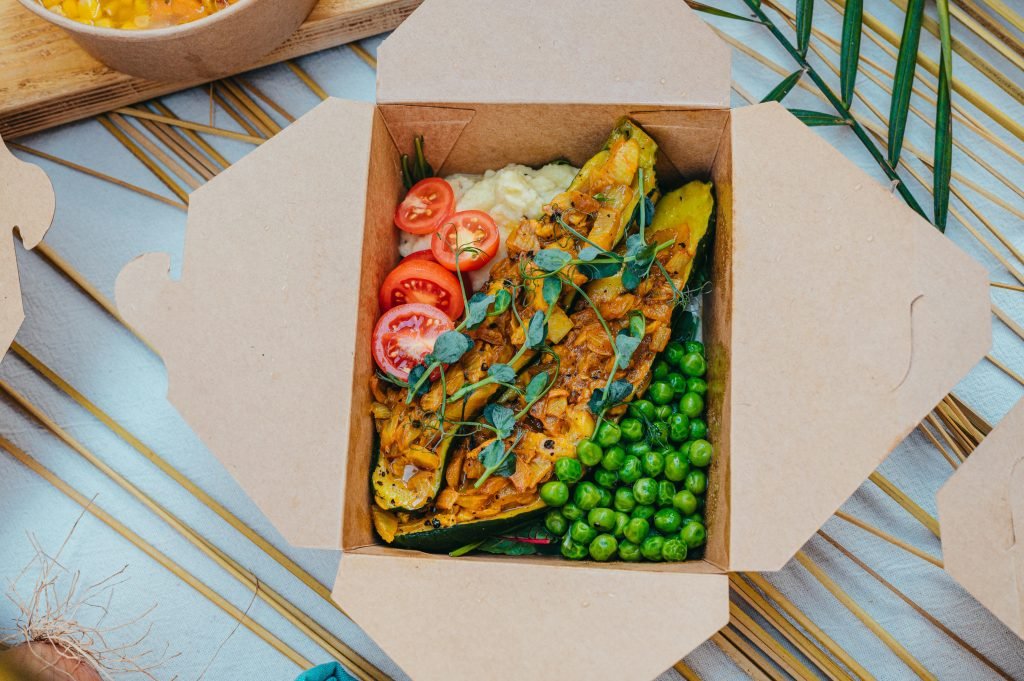Follow us and share.
Tips and recommendations for preventing hypertension: Take care of your health!
The high blood pressureHigh blood pressure, also known as hypertension, is one of the leading causes of cardiovascular disease worldwide. This condition occurs when the force of blood against the artery walls is consistently too high, which can damage the heart, blood vessels, kidneys, and other organs. Fortunately, hypertension can largely be prevented with lifestyle changes. In this article, we offer tips and recommendations to keep your blood pressure under control and maintain your long-term health.
What is hypertension and why is it dangerous?
Hypertension occurs when blood pressure remains elevated for a prolonged period. There are two values that measure blood pressure:
- Systolic pressure: It is the highest number and measures the pressure in the arteries when the heart beats.
- Diastolic pressure: It is the lowest number and measures the pressure in the arteries when the heart is at rest between beats.
A normal blood pressure is approximately 120/80 mmHg. If the values exceed 130/80 mmHg, a person is considered to have hypertension.
The uncontrolled hypertension can cause serious complications, such as:
- Heart disease
- Myocardial infarctions
- Cerebrovascular accidents (strokes)
- Kidney failure
Prevention is essential to avoid these risks and enjoy a healthy life.
Tips to prevent hypertension

1. Maintain a healthy weight
He overweight and obesity are key risk factors for hypertension. As body weight increases, blood pressure also tends to rise. Reducing excess weight can help significantly reduce blood pressure.
- Recommendation: Try to maintain a body mass index (BMI) between 18.5 and 24.9If you're above this range, eating a balanced diet and exercising regularly can help you achieve a healthy weight.
2. Follow a heart-healthy diet
Diet plays a crucial role in preventing hypertension. DASH diet (Dietary Approaches to Stop Hypertension) has been shown to be effective in reducing blood pressure.
- Includes: Fruits, vegetables, whole grains, lean proteins (such as fish and poultry), nuts, and legumes.
- Reduce: Consumption of salt (sodium), saturated fats, processed meats and ultra-processed foods.
The sodium reduction is especially important. Consume less than 2,300 mg of sodium per day (about a teaspoon of salt) can help lower blood pressure.
3. Exercise regularly
Physical activity not only helps control weight, but also has a direct impact on lowering blood pressure. Regular exercise strengthens the heart, allowing it to pump blood with less effort.
- Recommendation: Perform at least 150 minutes of moderate exercise either 75 minutes of vigorous exercise a week. Walking, swimming, cycling, or practicing yoga are excellent options for lowering blood pressure.
4. Limit alcohol consumption
Excessive alcohol consumption can raise blood pressure and contribute to the development of hypertension. Reducing alcohol consumption or avoiding it altogether is essential for prevention.
- Recommendation: If you decide to drink, do so in moderation. For women, it is recommended no more than one drink a day, and for men, no more than two drinks a day.
5. Don't smoke
He tobacco It is one of the main enemies of cardiovascular health. Smoking damages blood vessels and increases blood pressure, in addition to being a risk factor for other serious diseases.
- RecommendationIf you smoke, seeking help to quit is one of the best decisions you can make for your health. There are multiple smoking cessation programs that can support you in the process.
6. Control stress
He chronic stress can contribute to high blood pressure, especially if improperly managed through unhealthy habits such as overeating or smoking.
- RecommendationFind healthy ways to manage stress, such as practicing meditation, deep breathing exercises, walking outdoors, or spending time doing activities you enjoy.
7. Monitor your blood pressure regularly
Many people can have high blood pressure without showing any symptoms. Therefore, it's important to have your blood pressure checked regularly, especially if you have risk factors such as family history or being overweight.
- RecommendationIf you have access to a blood pressure monitor at home, use it to monitor your blood pressure. If not, see your doctor regularly to keep track.

Healthy eating to prevent hypertension
The healthy diet plays a crucial role in preventing and controlling hypertension. Some recommended foods include:
- Fruits and vegetables: They are rich in potassium, which helps balance sodium levels in the body.
- Whole grains: Oats, brown rice, and quinoa are excellent sources of fiber.
- Lean proteins: Include fish, skinless chicken, and legumes in your daily meals.
- Low-fat dairy productsYogurt and skim milk are healthy options for blood pressure.
- Nuts and seeds: Consumed in moderation, they are a source of healthy fats.
Avoid foods rich in saturated fats and added sugars, as these can contribute to weight gain and high blood pressure.
Conclusion: Keep your blood pressure under control and take care of your health
Hypertension is a silent condition that can have serious consequences if not prevented and controlled. The good news is that with a healthy lifestyle, you can reduce your risk of developing high blood pressure. Maintain a balanced diet, exercise regularly, and adopt healthy habits to protect your long-term health.
Remember, prevention is key. See your doctor regularly and follow these tips to keep your blood pressure at healthy levels.



